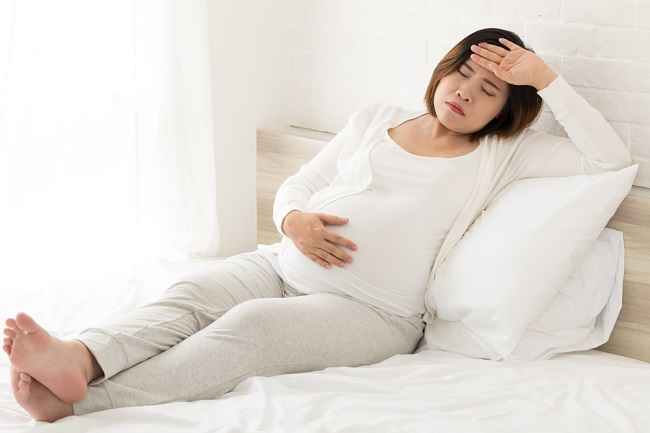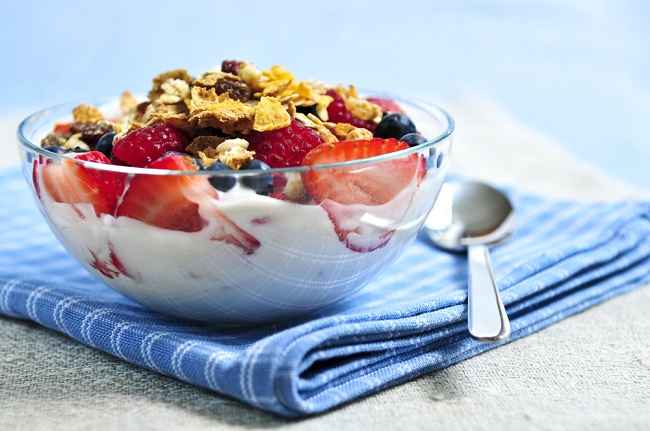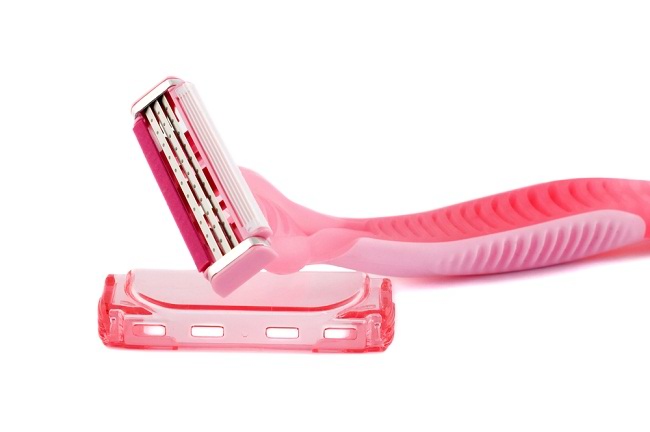Is it Safe for Pregnant Women to Take Probiotics? Are there benefits?
Probiotics or commonly referred to as good bacteria are generally safe for consumption, especially to maintain the health of the digestive tract. But what if it is consumed by pregnant women? Is this probiotic dangerous, or is it beneficial for pregnant women?
Probiotics are living microorganisms, generally in the form of bacteria, which are naturally present in the intestine. Lactobacillus, Bifidobacterium, and Saccharomyces are some examples of good bacteria that help maintain a healthy digestive system. Because of its benefits, probiotics are often recommended for routine consumption. However, is it safe for pregnant women to take probiotics?
Safe Probiotics for Pregnant Women
Probiotics are classified as safe for consumption during pregnancy, because they do not enter the fetal circulation system. In addition, the consumption of probiotics has been proven not to cause miscarriages, abnormalities in the fetus, babies born with low weight, and the need for Caesarean section.
If you want to take probiotics, pregnant women can get them from several types of food and beverages, including tempeh, yogurt, soy drinks, juices, and milk, both fermented and non-fermented.
In addition, there are also probiotics in the form of supplements. But if pregnant women experience a condition that weakens the immune system, you should consult a doctor first, before taking probiotics.
Probiotics are not necessarily useful
Probiotics are said to help reduce the number of bad bacteria in the digestive tract, so the risk of infection or other health problems decreases. Probiotics are also believed to reduce the risk of diarrhea, irritable bowel syndrome, intestinal inflammation, bacterial vaginosis, and eczema.
Not only that, foods containing probiotics are believed to help relieve constipation and diarrhea during pregnancy. However, have all the benefits of probiotics been proven? Come on, look at some of the facts below:
- Probiotics have not been shown to handle vaginosis
Bacterial vaginosis is a vaginal infection that increases the risk of pregnancy complications. Taking probiotics during pregnancy is said to reduce the risk of bacterial infections, as well as fungi and eczema. However, there is no evidence to support this.
- Probiotics are difficult to identify
The types of probiotics vary and the effects vary. This often makes it difficult for pregnant women to distinguish which probiotics are useful and which are not. Because research on probiotics is still limited, pregnant women are recommended to consult a doctor first before taking probiotics.
- Probiotic supplements are not absorbed by the body
Meanwhile, in another study it was found that probiotic supplements are classified as safe because they are rarely absorbed by the body. In other words, probiotics in supplement form are actually less effective.
- Probiotic levels are not known exactly
Consumers generally do not know how many probiotics are contained in a product. This is what makes it difficult for pregnant women to find out whether the product is safe.
In conclusion, pregnant women are better off eating foods that contain probiotics as needed. Better pregnant women consume various types of fresh and healthy foods to get the nutrients needed by the fetus, so that the fetus grows healthily.










Comments